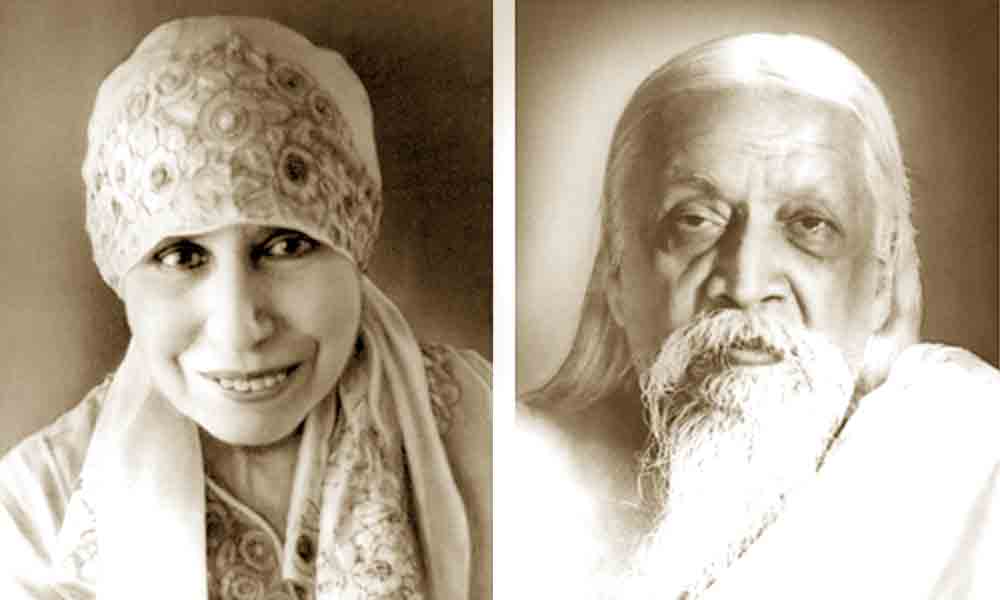
Sri Aurobindo
Sri Aurobindo was an Indian philosopher, yogi, guru, poet, and nationalist. He joined the Indian movement for independence from British rule, for a while was one of its influential leaders and then became a spiritual reformer, introducing his visions on human progress and spiritual evolution. He studied for the Indian Civil Service at King’s College, Cambridge, England. After returning to India he took up various civil service works under the maharaja of the princely state of Baroda and became increasingly involved in nationalist politics in the Indian National Congress and the nascent revolutionary movement in Bengal with the Anushilan Samiti. He was arrested in the aftermath of a number of bomb outrages linked to his organisation, but in a highly public trial where he faced charges of treason, Aurobindo could only be convicted and imprisoned for writing articles against British rule in India. He was released when no evidence could be provided, following the murder of a prosecution witness, Narendranath Goswami during the trial.
The Mother
Madame Mirra Alfassa, the Mother or SriMa, as she was known, was born and educated in France. She began to have psychic and spiritual experiences at a very early age. She grew up to become an accomplished painter and musician. In 1906 and 1907 the Mother voyaged to Tlemcen, Algeria, where she studied occultism with Max Theon.
In 1914, she met Sri Aurobindo, the great Indian mystic and revolutionary, in Pondicherry, and her life was transformed. The next day, in her spiritual diary (published as Prayers and Meditations) she wrote: “It matters not if there are hundreds of beings plunged in densest ignorance. He whom we saw yesterday is on earth; his presence is enough to prove that a day will come when dark- ness shall be transformed into light, when Thy reign shall be indeed established upon earth.”
